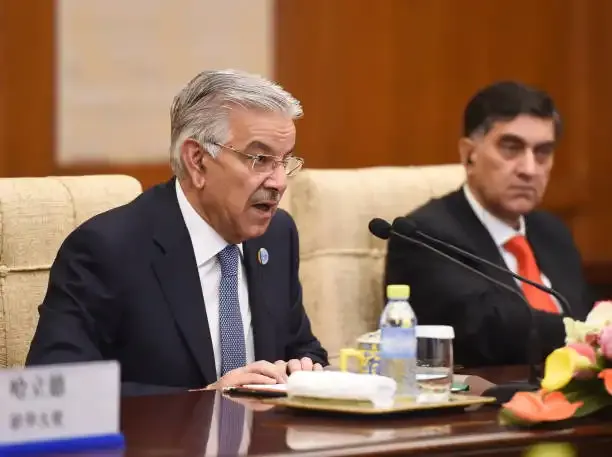Shopping cart
Your cart empty!
Terms of use dolor sit amet consectetur, adipisicing elit. Recusandae provident ullam aperiam quo ad non corrupti sit vel quam repellat ipsa quod sed, repellendus adipisci, ducimus ea modi odio assumenda.
Lorem ipsum dolor sit amet consectetur adipisicing elit. Sequi, cum esse possimus officiis amet ea voluptatibus libero! Dolorum assumenda esse, deserunt ipsum ad iusto! Praesentium error nobis tenetur at, quis nostrum facere excepturi architecto totam.
Lorem ipsum dolor sit amet consectetur adipisicing elit. Inventore, soluta alias eaque modi ipsum sint iusto fugiat vero velit rerum.
Sequi, cum esse possimus officiis amet ea voluptatibus libero! Dolorum assumenda esse, deserunt ipsum ad iusto! Praesentium error nobis tenetur at, quis nostrum facere excepturi architecto totam.
Lorem ipsum dolor sit amet consectetur adipisicing elit. Inventore, soluta alias eaque modi ipsum sint iusto fugiat vero velit rerum.
Dolor sit amet consectetur adipisicing elit. Sequi, cum esse possimus officiis amet ea voluptatibus libero! Dolorum assumenda esse, deserunt ipsum ad iusto! Praesentium error nobis tenetur at, quis nostrum facere excepturi architecto totam.
Lorem ipsum dolor sit amet consectetur adipisicing elit. Inventore, soluta alias eaque modi ipsum sint iusto fugiat vero velit rerum.
Sit amet consectetur adipisicing elit. Sequi, cum esse possimus officiis amet ea voluptatibus libero! Dolorum assumenda esse, deserunt ipsum ad iusto! Praesentium error nobis tenetur at, quis nostrum facere excepturi architecto totam.
Lorem ipsum dolor sit amet consectetur adipisicing elit. Inventore, soluta alias eaque modi ipsum sint iusto fugiat vero velit rerum.
Do you agree to our terms? Sign up

A sharp exchange of threats between New Delhi and Islamabad escalated on [date], after Pakistan’s Defence Minister Khawaja Asif issued a stark warning to India, saying the neighbouring country would be “buried under the wreckage of its warplanes” if it pursued military action.
The remarks came two days after India’s Army Chief warned Pakistan to stop sponsoring terrorism or “risk being erased from the world map.” The public spat has drawn swift rebuttals from officials on both sides and raised concerns among regional and international observers about rising rhetoric along an already tense frontier.
Khawaja Asif: In a televised statement, the defence minister condemned what he described as bellicose comments from New Delhi and warned that any military misadventure would be met with a fierce response. He used the phrase about India being “buried under the wreckage of its warplanes,” a remark that drew immediate attention for its severity.
Indian military response: Indian defence sources and senior military leaders reiterated New Delhi’s stance that it will not tolerate cross-border terrorism and emphasised deterrence. The Indian Air Force Chief, Air Chief Marshal A.P. Singh, highlighted the force’s long-range strike capabilities, saying: “And it will go down in the history that longest kill that we achieved of more than 300 kilometres by that,” a comment underlining operational reach amid the tensions.
The exchange forms part of a recent run of strong statements on both sides. India’s Defence Minister and Army Chief had earlier warned Pakistan against sponsoring militant activity across the border. Islamabad’s retort came as Pakistan accused India of aggressive posturing and stressed it would defend its sovereignty.
Diplomatic and security analysts warned that inflammatory language between senior officials risks reducing the margin for de-escalation. Several foreign missions and think-tanks have called for restraint and urged both capitals to rely on established diplomatic channels and confidence-building measures to avoid miscalculation.
Deterrence and signalling: Both countries appear intent on signalling strength to domestic and international audiences. Public comments about long-range capabilities and stern warnings serve as deterrence but can also inflame tensions.
Risk of escalation: Analysts caution that while rhetoric does not always presage action, misunderstanding or a tactical incident along the Line of Control or international borders could rapidly escalate if political leaders and militaries do not temper statements with back-channel diplomacy.
International response: Global powers and regional organisations typically urge calm in such moments. Any further deterioration would invite engagement from external stakeholders who favour stability in South Asia.
The latest volley of threats highlights a volatile phase in India‑Pakistan relations, where military postures and public rhetoric are again rising. Observers say the immediate need is de‑escalation and clearer diplomatic communication to prevent misunderstandings that could have far-reaching consequences.
5
Published: Oct 06, 2025